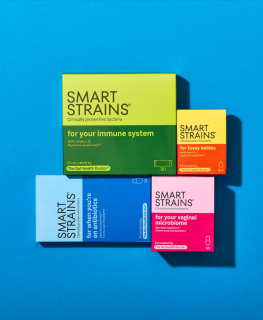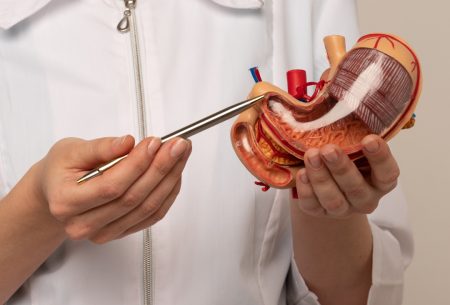It’s that time of year again when the dreaded diarrhoea and vomiting (D&V) “bugs” are back. These bugs are unpleasant and can be extremely worrying if your little one catches it. Washing your hands with soap and water regularly is the best thing you can do to stop it from spreading. You’ll be asked to keep your little one home from childcare whilst the symptoms are present, usually returning once they’ve had at least 2 days without diarrhoea.
What causes them, and what are the symptoms?
Most commonly these types of symptoms are caused by gastroenteritis (stomach bug) or a virus such as norovirus or rotavirus. Often these winter bugs are spread very easily via close contact with someone who is infected and by shared objects, or surfaces or food that have been handled by someone with the virus.
Symptoms include:
- Nausea or vomiting
- Diarrhoea
- Fever (high temperature)
- Headache
- Aching limbs
- Stomach cramps
What can you do for diarrhoea and vomiting?
In most cases these symptoms pass within 3-7 days (vomiting usually resolves before the poops) and can be managed at home. The most important thing to think about is making sure your little one is well hydrated as they will be losing lots of water and electrolytes through the D&V.
If you’re breast or bottle feeding, do not stop as this is the main source of hydration for infants so it is really important to try and keep to similar volumes. Try offering more frequent feeds that are a little smaller in volume If your little one is formula-fed, although tempting, do not dilute the feed recipe, they need both the fluid and nutrition provided by the formula.
If your little one is older and eating solids, offer little and often. They may prefer plain foods such as soup, pasta and bread or toast. You could offer some of their favourite foods. It’s best to avoid some foods until the poop output normalises a little, as some foods draw water into the bowel. Those include fresh fruit juice, apples, pears, plums, and avocado. We also recommend that you avoid giving fizzy drinks.
In some cases oral rehydration solution might be helpful to replace lost fluid and electrolytes. These can be bought over the counter, and your GP or pharmacist will be able to advise when and how you need to use them.
It’s really important that if your little one stops feeding, accepting fluids and is showing signs of dehydration or that symptoms worsen that you speak with a medical professional. They will be able to advise the best way to manage this. In the UK you can call 111 for advice if you’re worried and they can arrange a phone call with a nurse or doctor if needed.
Signs of dehydration in under 5s include:
- Drowsiness
- Rapid breathing
- Dry mouth
- Dark urine or infrequent urination (check for wet nappies)
- No or few tears when they cry
- A soft spot on their head that sinks inwards (sunken fontanelle)
- Cold hands and feet
Can probiotics help with diarrhoea and vomiting?
The evidence for probiotics in D&V in children is variable. Some studies show that certain strains help in virus-induced D&V however others demonstrate no benefits at all. As the evidence isn’t great, this is not something that we would usually suggest in the first line.
What about after symptoms have resolved?
Remember it is natural for appetite to be reduced for anyone of any age when they are unwell, this will gradually return to normal. It is also normal that your little one may lose a little bit of weight when unwell. Don’t worry they will regain this weight.
Sometimes following gastroenteritis the tolerance of certain foods can be reduced. This is most commonly seen with lactose, the sugar found in milk. In most cases, this passes within a couple of weeks and so can be gradually reintroduced into the diet. However, if you notice your little one has symptoms after foods containing lactose after a few weeks, it’s important to get it checked out. We can help with this in the clinic if you need us.













